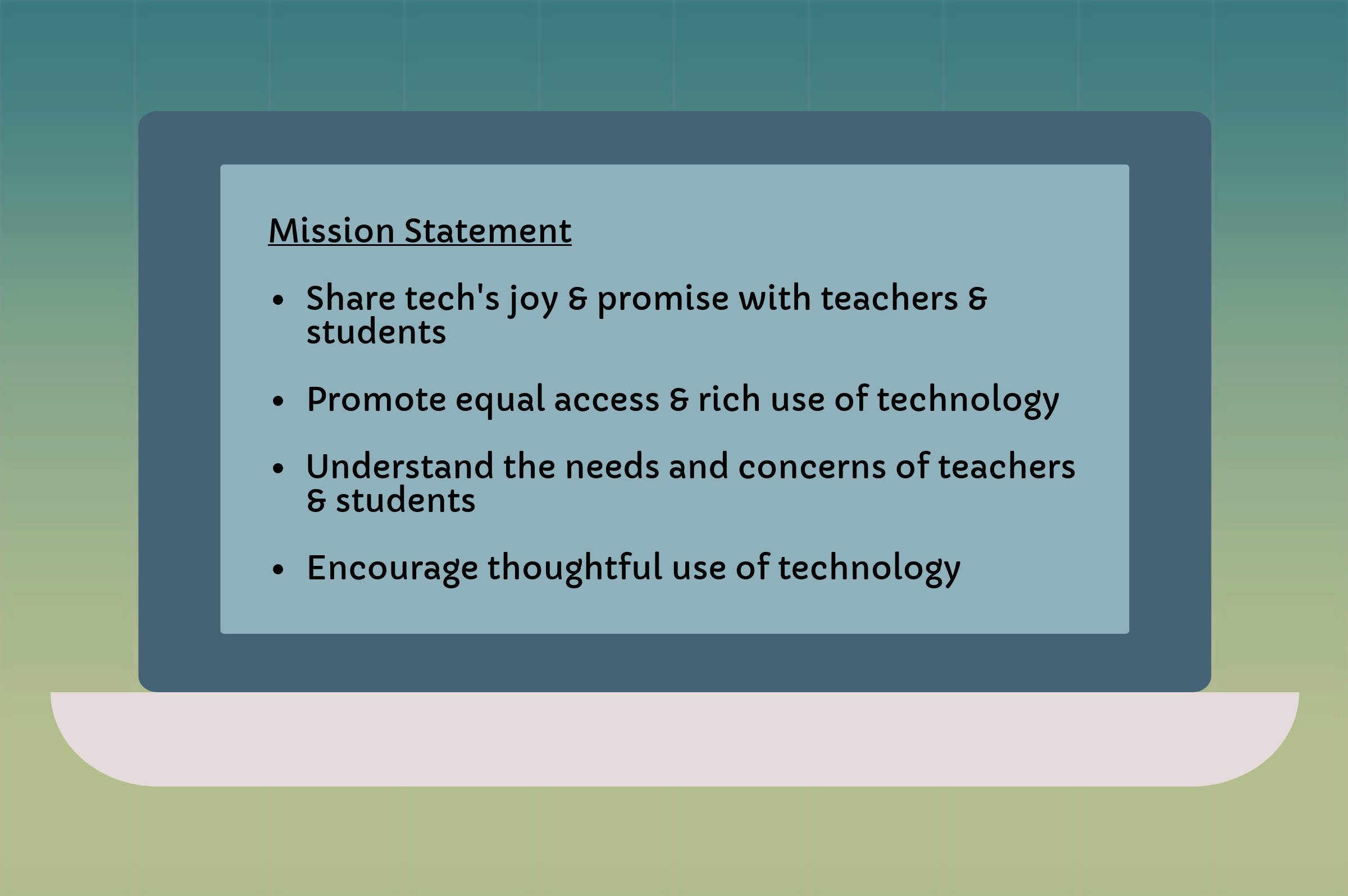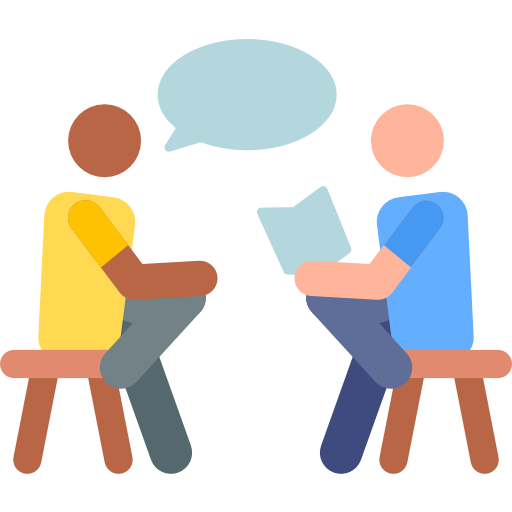
My mission as a digital education leader is to:
♦ Share the joy and promise I find in using technology with educators and students.
♦ Promote equal access to digital tools and rich use of technology to help build lifelong skills of independent learning, critical thinking, creative problem solving and collaboration.
♦ Deeply understand the needs and concerns of teachers and students so that their digital tools will work for them and not against them.
♦ Encourage thoughtful use of technology in a way that reflects the tenants of good citizenship.
Being adept with digital technology is more than knowing how to use hardware and software. It also includes wisely navigating the online world and using technology to enhance human abilities and interests. To address this, the International Society for Technical Education (ISTE) has developed a set of standards for educational leaders, teachers, students, and technology coaches. Digital Citizenship is a key component of each of these standards and for technology coaches includes:
Standard 5.a. The promotion of equitable access to technology and the modeling of educational technology best practices
Standard 5.b. Safe, healthy, ethical and legal use of digital tools and information
Standard 5.c. The application of technical tools for furthering cultural understanding and global communication
(ISTE Standards for Coaches, 2011).
Continue reading “Digital Education Leadership Mission Statement”



